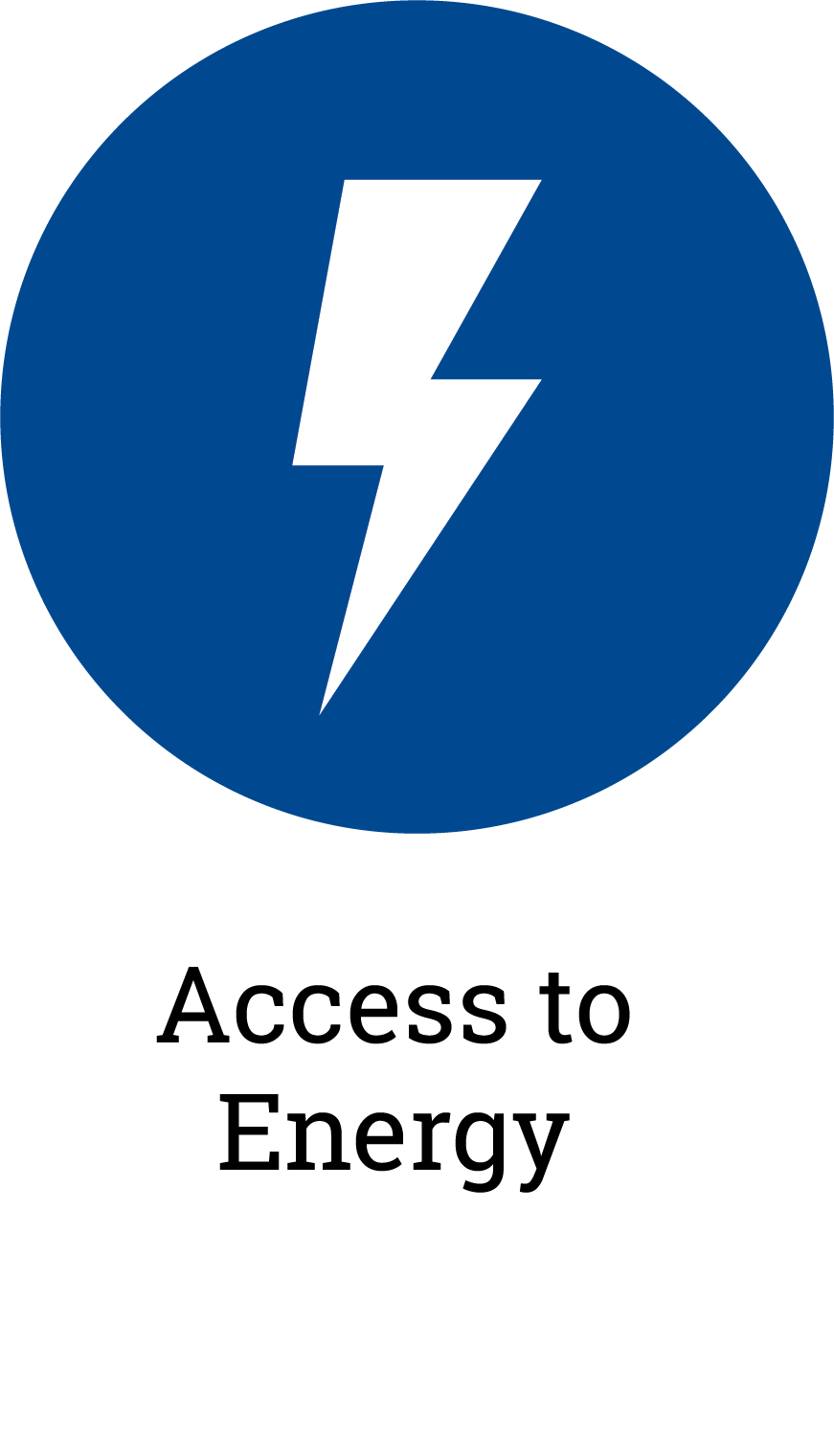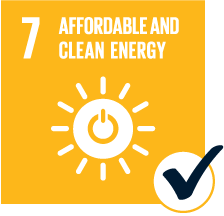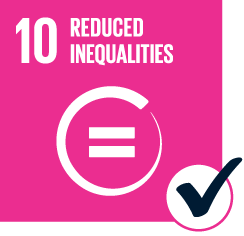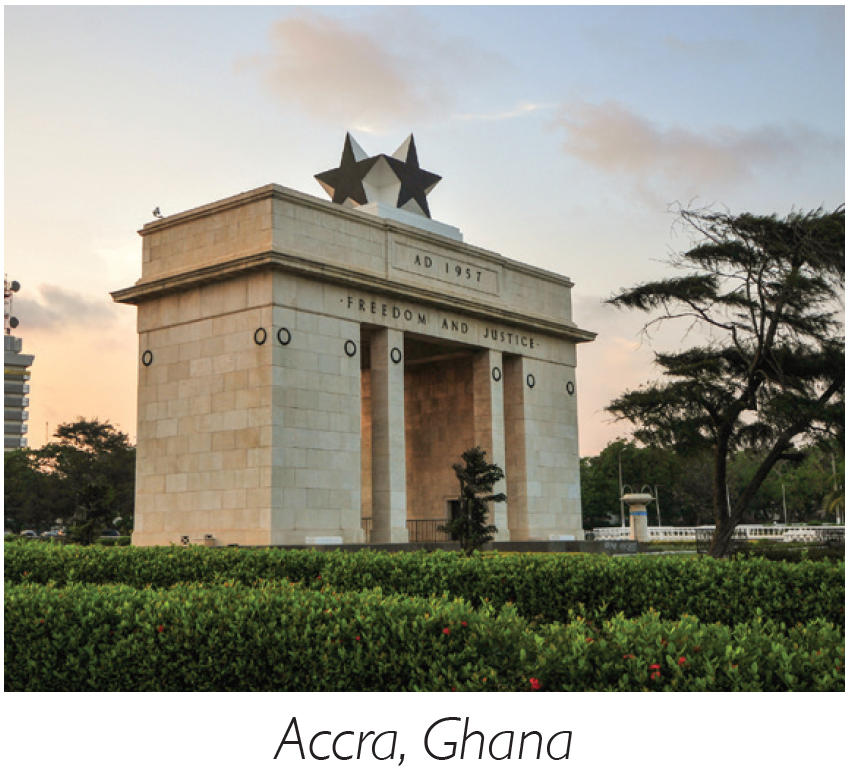Borrower Overview
TriLinc has provided financing to an independent power producer that is engaged in the engineering, procurement, construction, operation, and maintenance of power generation facilities throughout Ghana. Founded in 2010, the borrower’s turn-key energy generation solutions enable companies operating in Ghana to realize efficiency and productivity gains by providing access to stable sources of electricity in a country characterized by rising energy demands and limited supply. TriLinc’s financing will support the import of three state-of-art aero-derivative gas turbines from the United States for the development and construction of two new power plants in Ghana. Once operational, the TriLinc-financed equipment and associated power plants will help reduce the demand pressures and blackout frequency that currently burden the country’s electrical grid and hinder efficient delivery of power to residential and commercial end-users.
 |
 |
 |
 |
 |
Market Overview

Ghana is classified as a lower middle-income country by the World Bank.1 Between 2011 and 2015, annual GDP growth rates averaged approximately 7.7%.1 Ghana’s main exports are derived from the country’s horticulture, tuna, timber, and mining industries,2 positioning Ghana as the second largest cocoa producer internationally and the second largest gold producer in Africa.3 Conversely, the country’s imports are primarily focused in capital equipment, refined petroleum, and foodstuffs.2
Ghana meets TriLinc’s country standards for its performance across relevant growth, stability, and access metrics.4 In 2015, it ranked 11th across the Sub-Saharan African region on the World Bank’s Ease of Doing Business index.5 Access to energy and infrastructure development are seen as some of the most pressing hurdles currently facing the country’s productivity and competitiveness.6 As the 7th largest economy in Sub-Saharan Africa7 with a GDP of $37.9 billion, the country’s well developed financial sector, goods market, and highly efficient legal regimes led the country to benefit from the estimated $40.6 billion in foreign direct investment that flowed into the region in 2015.8 Domestic demand across Sub-Saharan Africa has helped regional GDP growth to 3.0% in 2015,8 and is projected to strengthen to 4.4% by 2018.9
Additional Sustainability & Impact Highlights
- Imported equipment financed by TriLinc is built to standards modeled after ISO 9001 quality management system criteria and will generate up to 547 GWh of power for the borrower’s commercial clients, helping decrease industrial dependence on the national electricity grid and enabling greater access for public consumption.
- Committed to improving employee welfare, the borrower has implemented human resource policies that include maternity leave, fair hiring/recruiting and compensation practices (including a basic salary and allowances for health insurance, housing, transportation, and cell phone use), anti-sexual harassment, fair career advancement, and retirement savings.
- As a responsible corporate citizen, the borrower administers a student scholarship initiative that finances student tuition, including textbooks and notebooks, at local secondary schools and tertiary education programs at the Kwame Nkrumah University of Science and Technology.
1The World Bank, World Development Indicators Database, Ghana, 2015. 2CIA, The World Factbook, 2015: Ghana. 3The Observatory of Economic Complexity, 2016. 4There is no assurance that our investment in this company or this market will be successful. 5The World Bank, Doing Business 2016, Measuring Regulatory Quality and Efficiency, 2015. 6African Economic Outlook, Ghana, 2016. 7The World Bank, World Development Indicators Database, 2016. 8The World Bank, Data, Sub-Saharan Africa, 2016. 9The World Bank, Global Economic Prospects, June 2016-. These projections are not guaranteed.
The above information is as of the initial date of investment: March 18, 2016.
RISK FACTORS
There is no guarantee that TriLinc’s investment strategy will be successful. Investment in a non-listed LLC involves significant risks including but not limited to: ownership is restricted; no secondary market; limitation on liquidity, transfer and redemption of ownership interest; distributions made may not come from income and, if so, will reduce the returns, are not guaranteed and are subject to management discretion. TriLinc selects investments and conducts operations on behalf of its clients, and will face conflicts of interest. Investment with TriLinc is not suitable for all investors. Securities Offered through CommonGood Securities, LLC, a member of FINRA and SIPC.
An investment with TriLinc carries significant fees and charges that will have an impact on investment returns. Information regarding the terms of the investment is available by contacting TriLinc. This is a speculative security and, as such, involves a high degree of risk. Investments are not bank guaranteed, not FDIC insured and may lose value or total value. Some investments may have been made in an investment vehicle that is no longer open for investment. The highlighted investment may or may not have been profitable. There is no guarantee that future investments will be similar.
Want to learn more? Contact Us.
